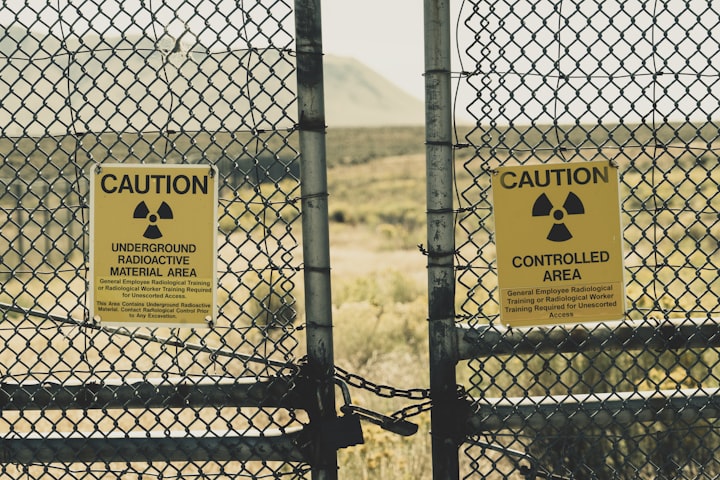
Throughout history, weapons have always played a decisive role in conflicts, shaping the lives of millions of people. From simple weapons like swords to advanced technological inventions like machine guns and bombs, humans have constantly sought ways to enhance their power in the struggle for supremacy. Among revolutionary weapons, nuclear weapons top the list due to their immense destructive capability and far-reaching impact. Let's delve deeper into nuclear weapons and the significant effects they have had and continue to have on the world today.The development of atomic bombs marked a watershed moment in human history, driven by a complex interplay of scientific curiosity, geopolitical tensions, and the exigencies of warfare. The Manhattan Project, initiated during World War II, stands as one of the most ambitious scientific endeavors of the 20th century, culminating in the creation of the first atomic bombs.
The Manhattan Project was born out of fears that Nazi Germany might be developing nuclear weapons, prompting the United States to launch a top-secret program in 1942 to develop its own atomic bomb. Physicists such as J. Robert Oppenheimer, Enrico Fermi, and others led a multidisciplinary team of scientists, engineers, and military personnel across multiple research sites, including Los Alamos, New Mexico, and Oak Ridge, Tennessee.
The project's success lay in harnessing nuclear fission, a process where the nucleus of an atom is split, releasing immense energy. This energy, when harnessed and amplified, could create a devastating explosion. The first successful test of this technology occurred on July 16, 1945, with the Trinity test in the New Mexico desert, showcasing the awesome power of atomic weaponry.
The deployment of atomic bombs on Hiroshima and Nagasaki, Japan, in August 1945, during the final stages of World War II, remains one of the most controversial and impactful events in history. The bombings, carried out by the United States, led to unprecedented devastation, with immediate deaths estimated in the tens of thousands and long-term health effects due to radiation exposure.
The global reaction to the bombings was multifaceted. While some saw them as a necessary evil to hasten the end of the war and prevent further casualties from a prolonged conflict, others decried them as morally indefensible acts of mass destruction. The bombings also had profound implications for international relations, ushering in the nuclear age and setting the stage for the Cold War rivalry between the United States and the Soviet Union.
The Cold War era was characterized by a tense standoff between nuclear-armed superpowers, each possessing enough firepower to annihilate the planet several times over. This period saw the development of intercontinental ballistic missiles (ICBMs), nuclear submarines, and other delivery systems, further heightening global anxieties about nuclear warfare.
Efforts to mitigate the risks of nuclear conflict included arms control treaties such as the Strategic Arms Limitation Talks (SALT) and the Treaty on the Non-Proliferation of Nuclear Weapons (NPT), aimed at curbing the spread of nuclear weapons and promoting disarmament. The doctrine of mutually assured destruction (MAD) emerged, positing that the use of nuclear weapons by one side would result in the total annihilation of both parties, thus serving as a deterrent.
Despite these diplomatic efforts, challenges persist in the contemporary era. The proliferation of nuclear weapons to additional states, coupled with concerns about non-state actors acquiring nuclear capabilities, poses new threats to global security. Tensions between nuclear-armed nations, technological advancements in nuclear warfare, and the modernization of existing arsenals underscore the ongoing relevance of nuclear deterrence strategies and arms control initiatives.
In conclusion, the story of atomic bombs encompasses a complex tapestry of scientific ingenuity, wartime imperatives, ethical dilemmas, and geopolitical ramifications. While the destructive power of nuclear weapons cannot be understated, their existence has also compelled nations to pursue avenues of cooperation, dialogue, and disarmament in the quest for a safer world. Vigilance, international cooperation, and responsible nuclear stewardship remain paramount in navigating the complexities of the nuclear age.
About the Creator
nemo
Have a good day <3






Comments (1)
nemo is not accepting comments at the moment
Want to show your support? Send them a one-off tip.